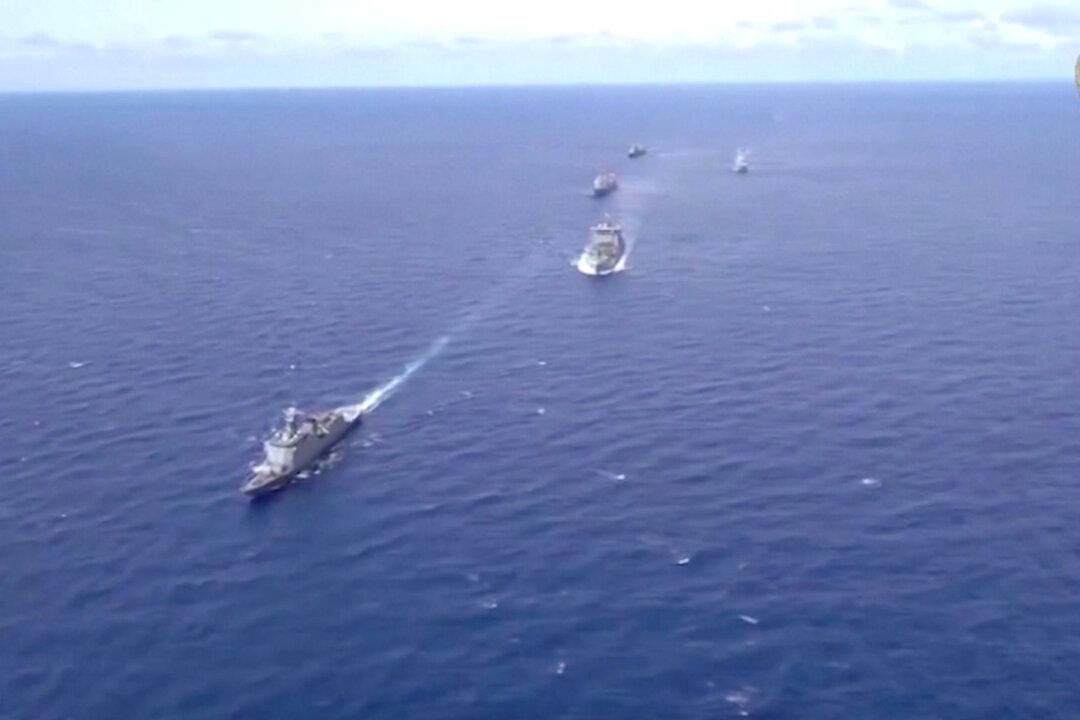Secretary of Defense Lloyd Austin spoke by phone with Japan’s new minister of defense, Nakatani Gen, for the first time on Oct. 8, with both nations agreeing to expand their military presence around China amid increasing aggression from the Chinese Communist Party (CCP).
According to Pentagon press secretary Maj. Gen. Pat Ryder, the alliance has made historic progress. Indeed, Japan is emerging as a key ally in peacekeeping in the Indo-Pacific and as a trade partner that has heeded U.S. calls to counter the CCP’s predatory trade practices.





